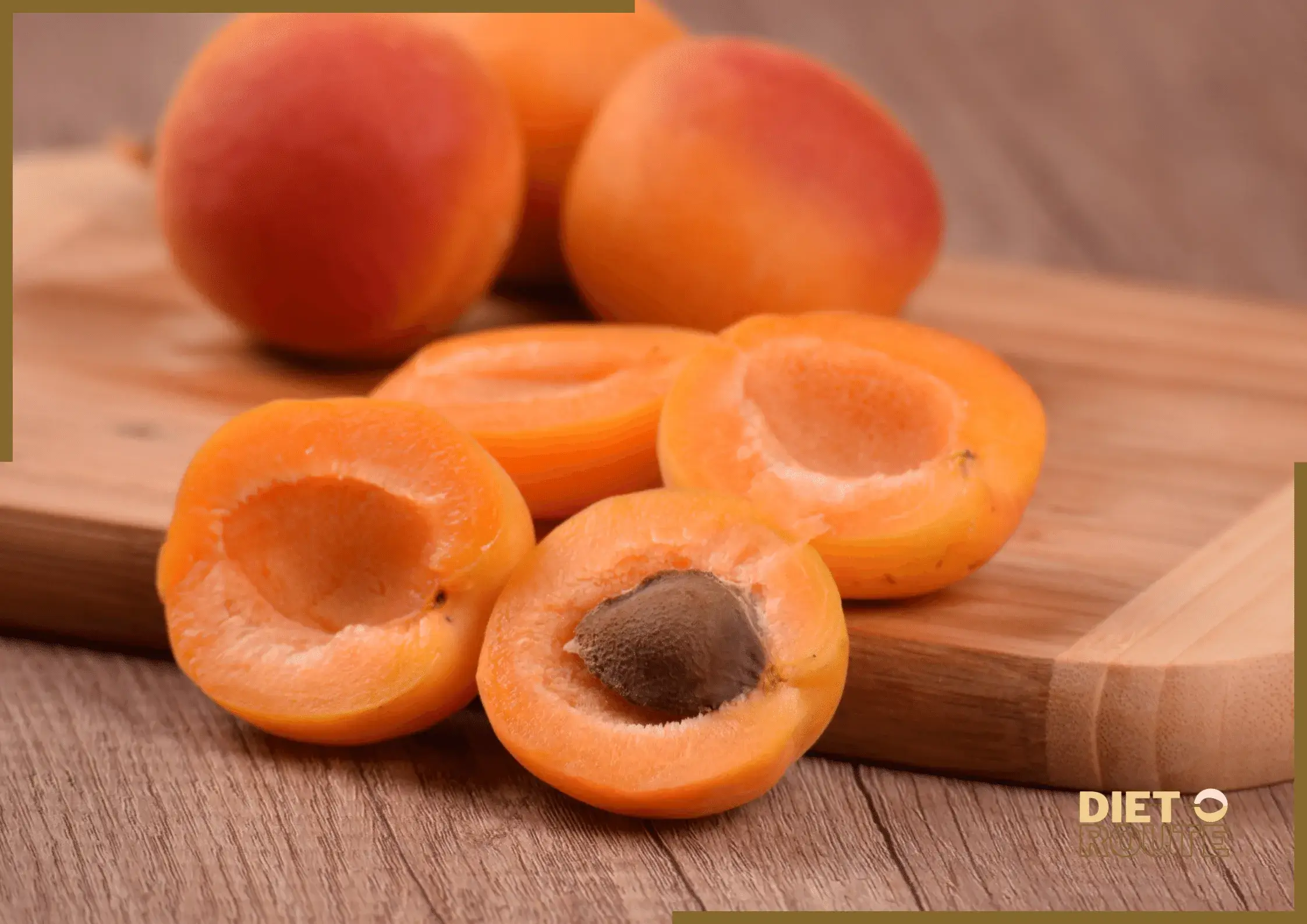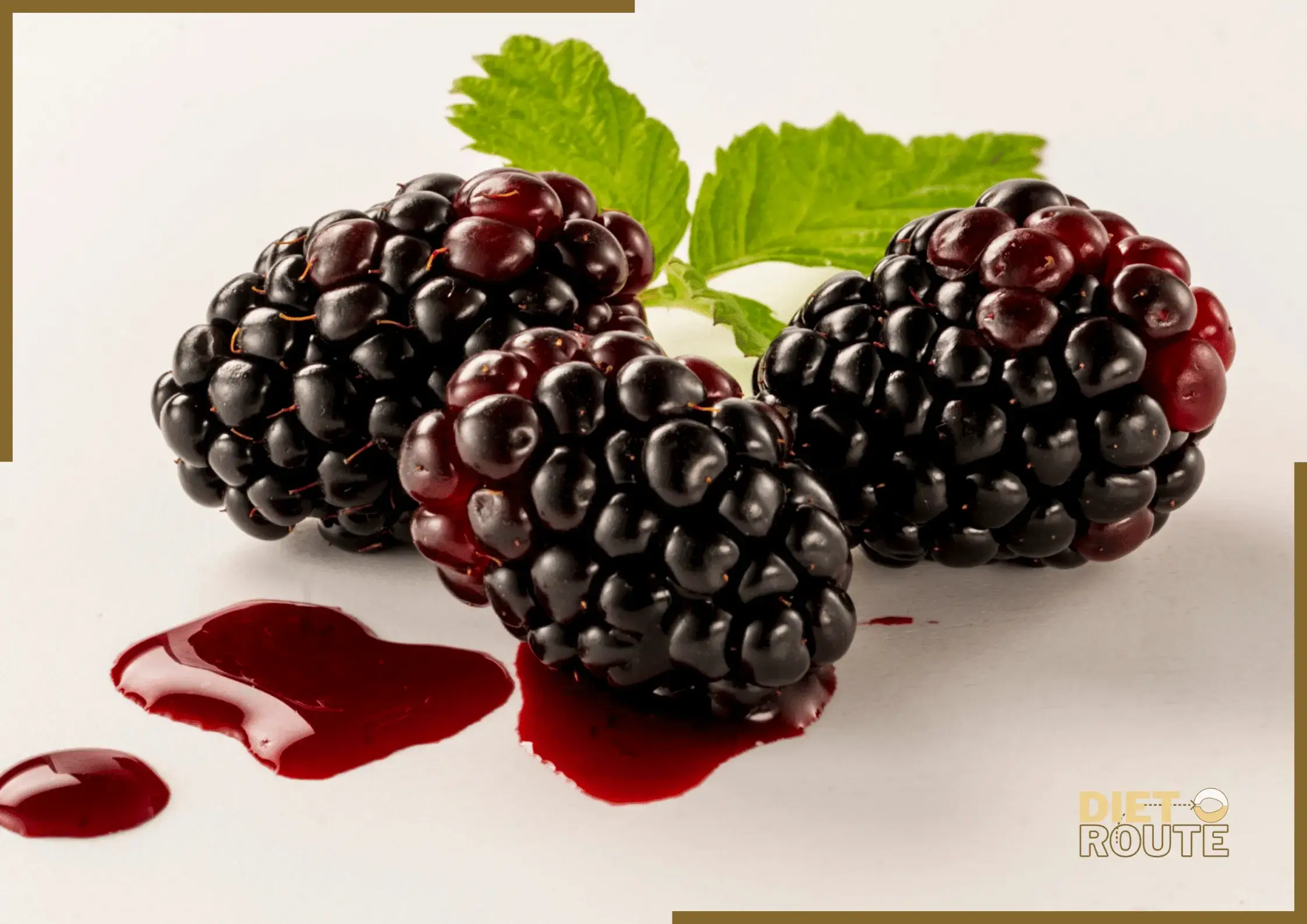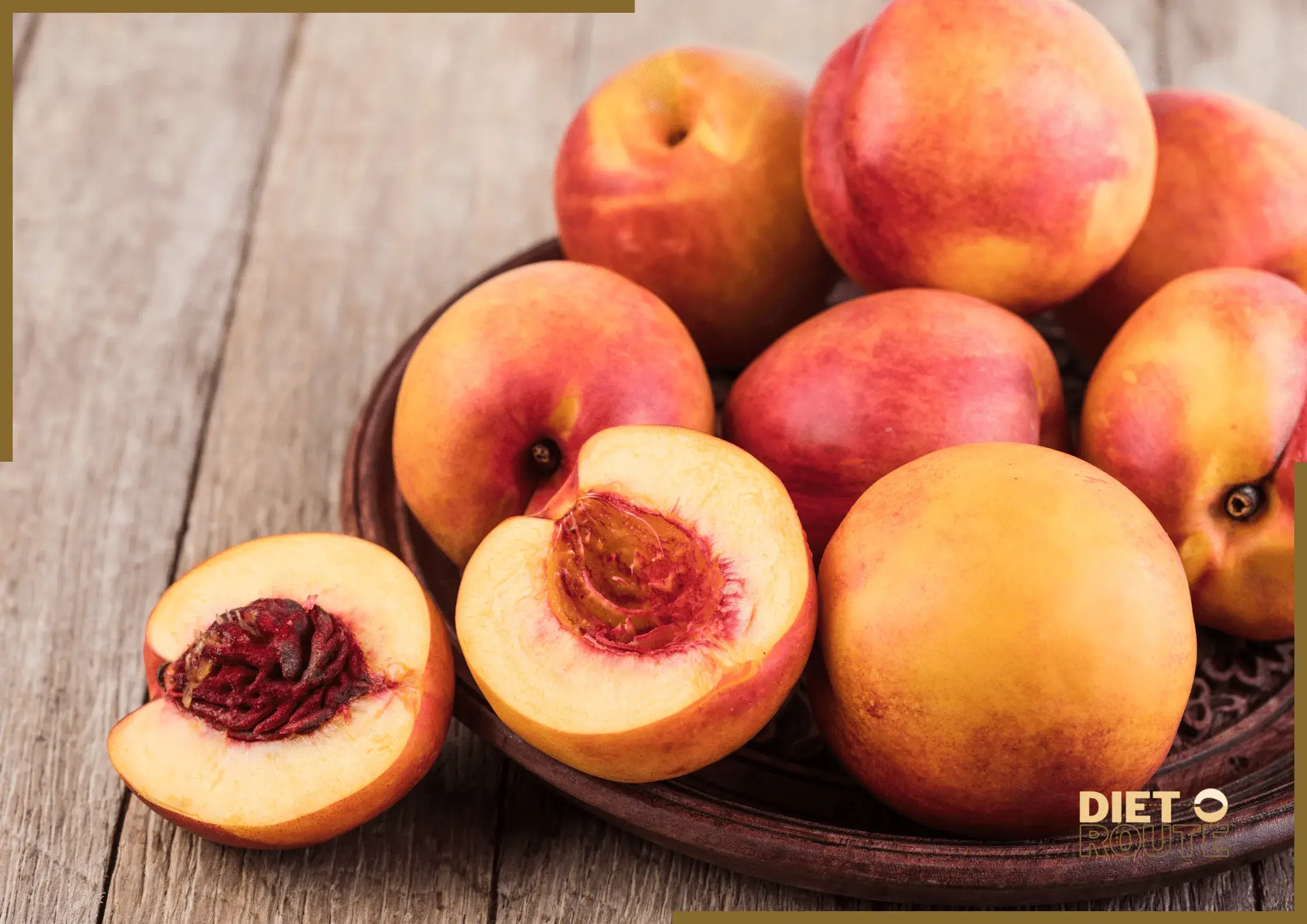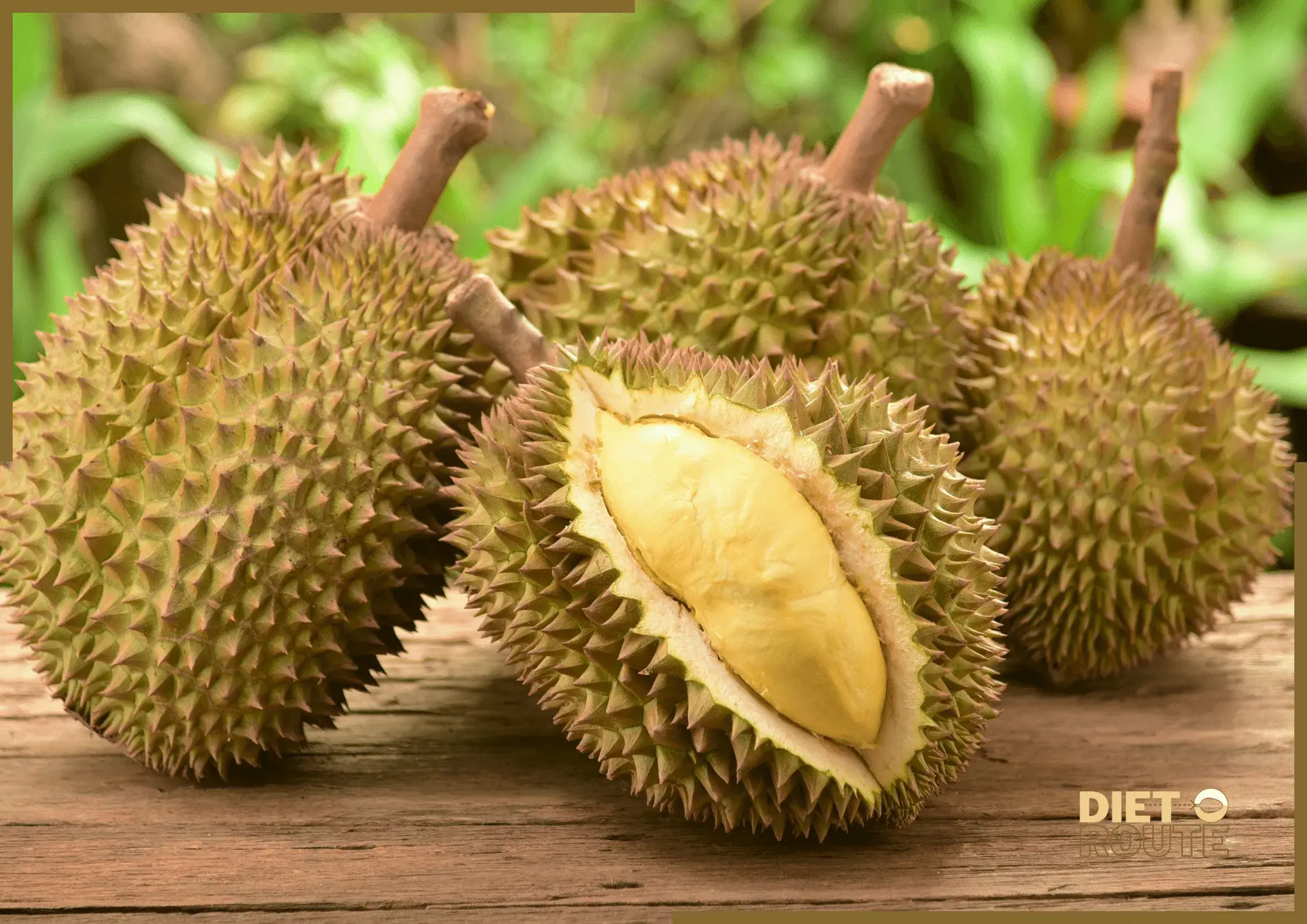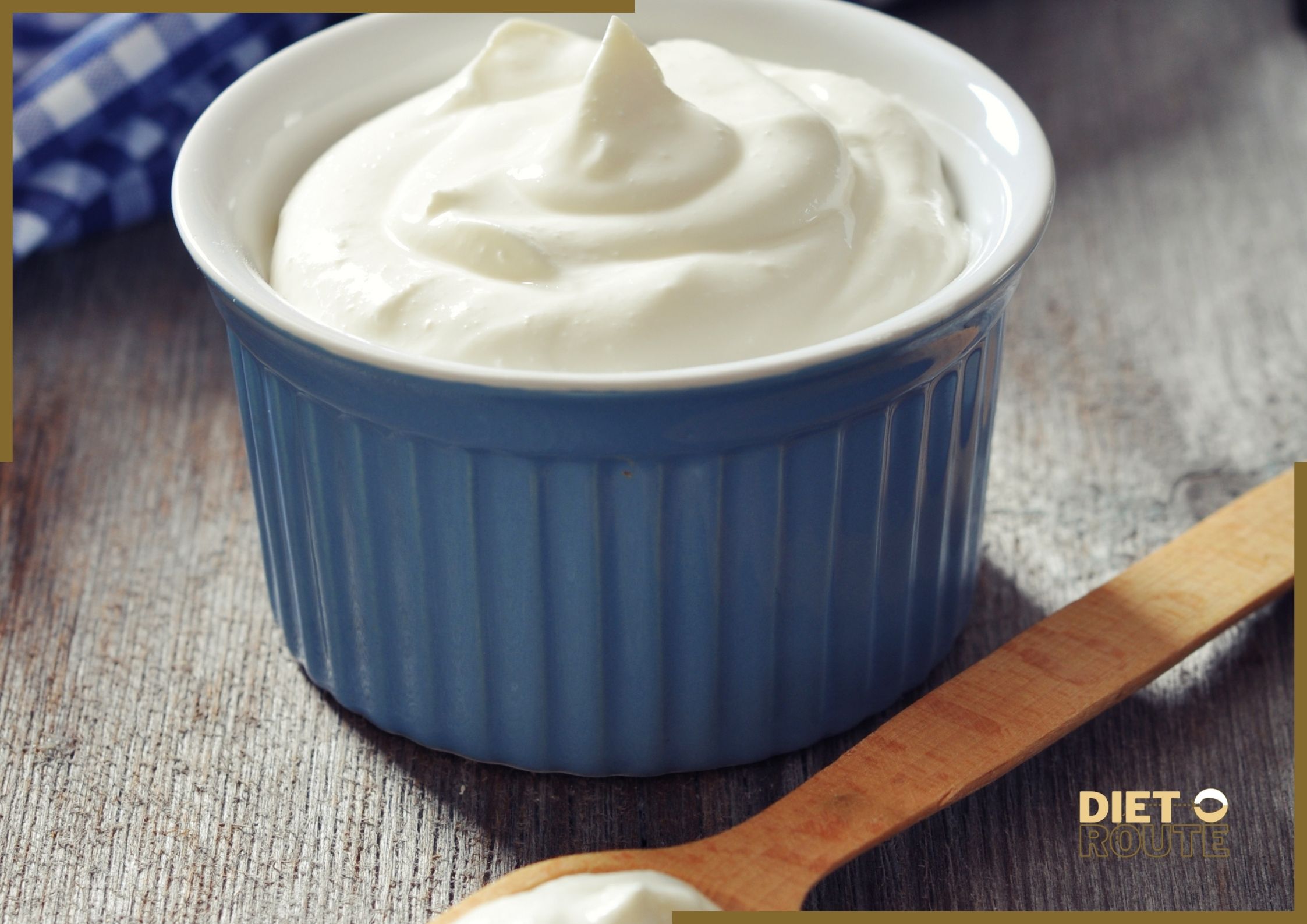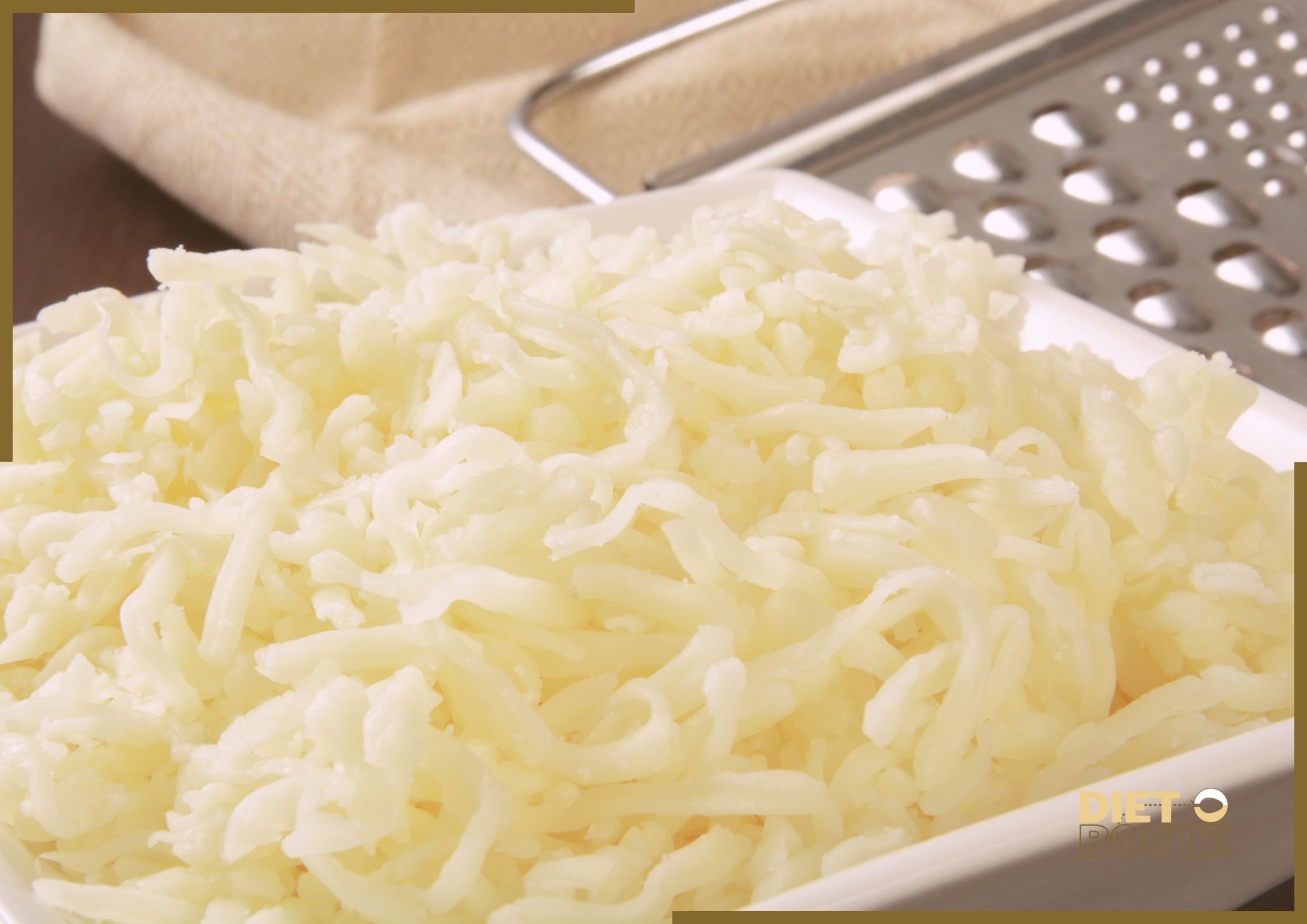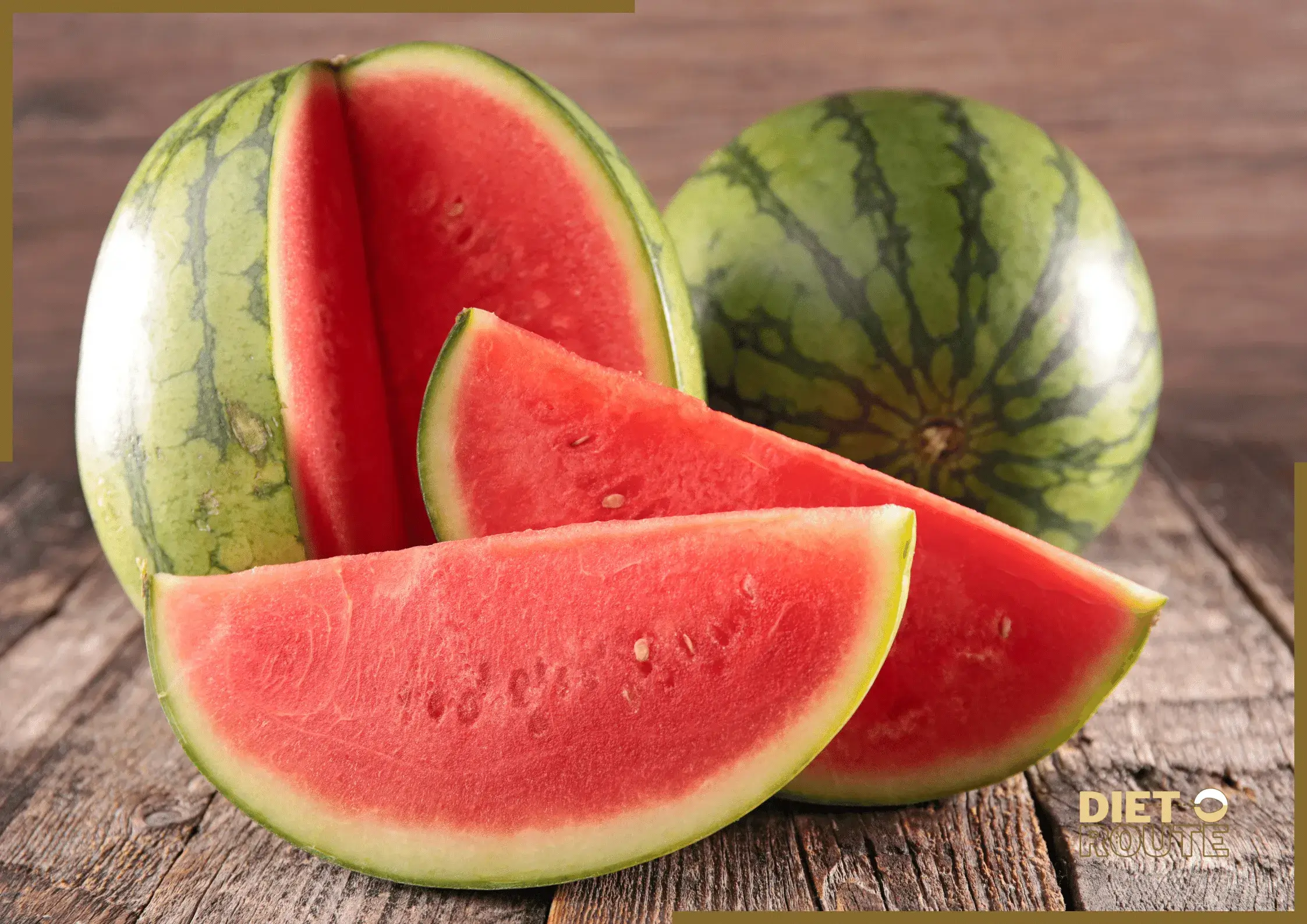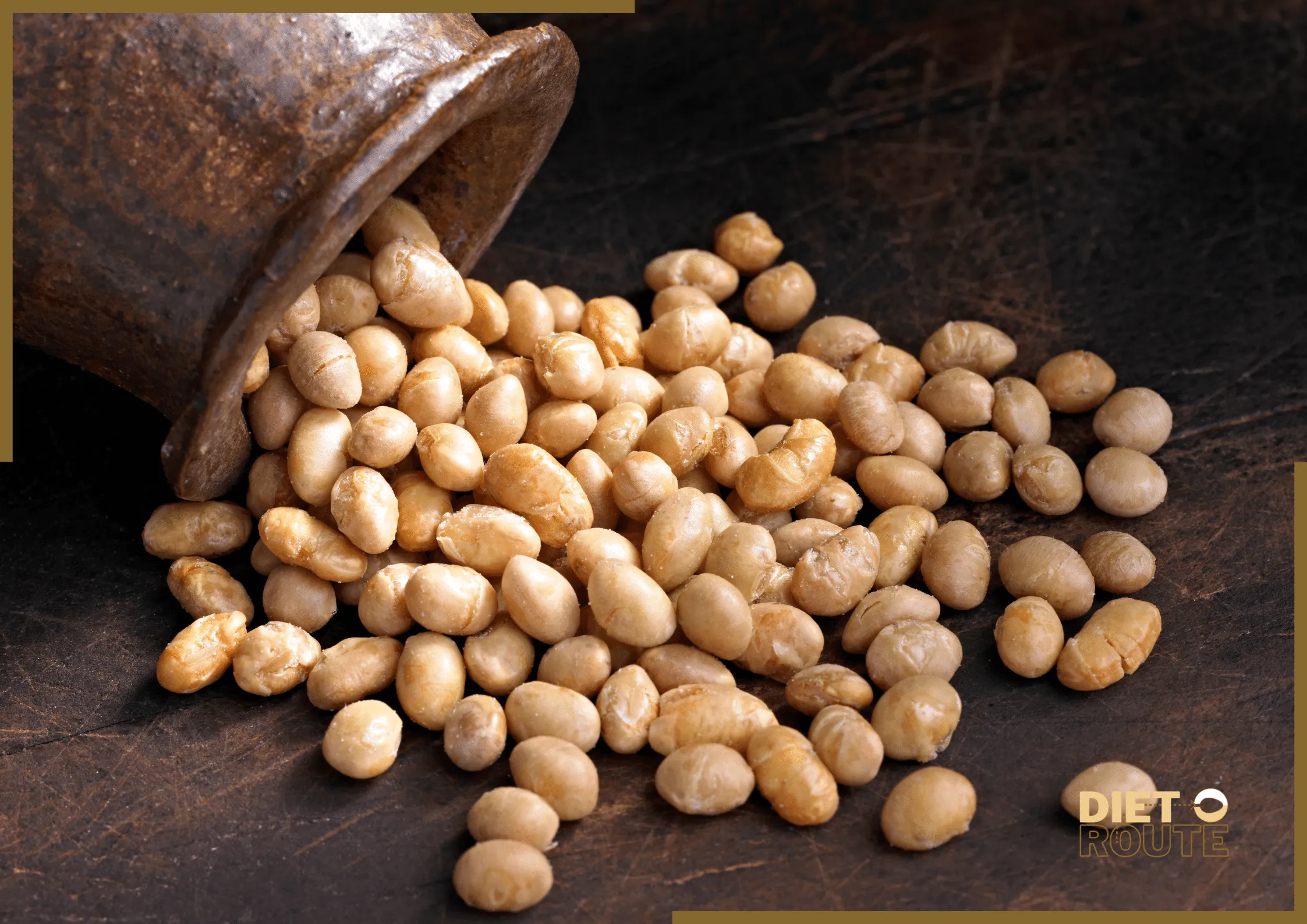Introduction
Apricots are a highly nutritious and delectable fruit that are renowned for their sweet taste and vivid orange hue. This article presents a tabular breakdown of the nutritional value, including their daily value percentage (% DV). We will also explore the advantages and disadvantages and provide answers to ten commonly asked questions (FAQs). Explore the nutritional advantages and learn why they make an excellent supplement to a nutritious diet.
Table of Contents
Nutritional Value Approximately 100g
The values provided are approximate can vary depending on the size and ripeness.
| Nutrient | Amount Per 100g | % Daily Value* |
| Calories | 48 kcal | 2.4% |
| Carbohydrates | 11 g | 3.7% |
| Fiber | 2 g | 8% |
| Sugars | 9 g | – |
| Protein | 1 g | 2% |
| Fat | 0.1 g | 0.2% |
| Vitamin A | 1926 IU | 38.5% |
| Vitamin C | 10 mg | 16.7% |
| Vitamin E | 0.89 mg | 4.5% |
| Potassium | 259 mg | 7.4% |
*Percent Daily Values (% DV) are based on a 2,000-calorie diet.
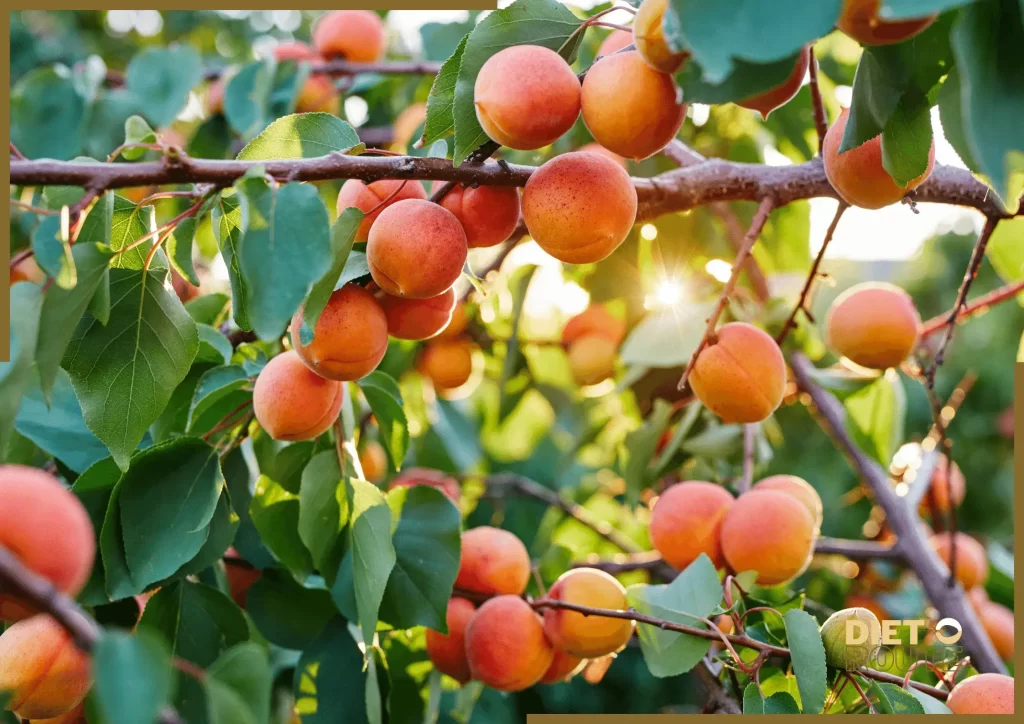
Pros
1.Apricots are a great source of vitamin A, which is crucial for maintaining healthy skin, immune function, and vision.
2. They are an excellent source of dietary fibre, which can help improve digestion, manage weight, and promote heart health.
3. They are rich in antioxidants such as beta-carotene and vitamin C that aid in shielding the body from oxidative stress and lowering the likelihood of chronic illnesses.
4. They are a nutrient-dense fruit that contains a variety of essential vitamins, minerals, and antioxidants, despite being low in calories.
5. They are a versatile culinary ingredient that can be used in various dishes, including salads, desserts, and sauces. They can be enjoyed fresh or dried, and provide both nutritional value and flavour.
Cons
1.Apricots and other fruits from the same botanical family may cause allergic reactions in some individuals. In case of any negative effects, stop consuming and consult a medical professional.
2. They have oxalates that could potentially lead to the formation of kidney stones in people who are susceptible. For individuals with a past of kidney stones, moderation is crucial.
Frequently Asked Questions (FAQs)
1.Can apricots aid in enhancing digestion?
They are a great source of fibre that can promote healthy digestion and relieve constipation.
2. Can apricots be included in a diabetes-friendly diet?
They are a suitable addition to a diabetic diet when consumed in moderation as part of a well-balanced meal plan. Importance of monitoring blood sugar levels.
3. Can apricots enhance skin health?
They are a great source of antioxidants and vitamin C that help in promoting collagen synthesis and safeguarding the skin against free radical damage, thus contributing to healthy skin.
4. Is it possible to add apricots to a diet plan for weight loss?
They are a great option for weight management as they are a low-calorie fruit that is high in fibre. They can be easily incorporated into a balanced diet.
5. Can apricots aid in controlling blood pressure?
They are a great source of potassium, which may aid in regulating blood pressure levels. However, it is crucial to maintain a healthy lifestyle and seek advice from a healthcare expert.
6. Are apricots good for pregnancy?
They are a rich source of vital vitamins and minerals, such as folate, that play a crucial role in the development of the foetus. It is advisable to seek personalised advice from a healthcare provider.
7. Is it safe for infants and toddlers to eat apricots?
They are safe for infants and toddlers to consume after six months of age, with proper preparation and consideration of allergies or sensitivities.
8. Are there any medication interactions with apricots?
They do not typically cause any major medication interactions. It is advisable to seek advice from a healthcare professional if you have any concerns or are currently on medication.
9. Can Apricots be Frozen for Future Use?
Yes, it is possible to freeze them for future consumption. To freeze them properly, make sure to wash, peel, and slice the produce before storing them in airtight containers or freezer bags.
10. Is it possible to add apricots to a gluten-free diet?
They are a great option for those following a gluten-free diet as they are naturally free of gluten.
In a Nut Shell
Apricots are a nutritious and delicious fruit that are rich in vitamins, minerals, and antioxidants. Benefit your vision, digestion, and overall health with the high vitamin A and fibre content found in these. Include in your daily diet by relishing them in their fresh form or incorporating them into a diverse range of recipes. For optimal health, it’s important to exercise moderation. If you have any allergies or specific concerns, it’s recommended to seek advice from a healthcare professional. Discover the nutritional benefits while indulging in their delightful sweet and tangy flavour.
